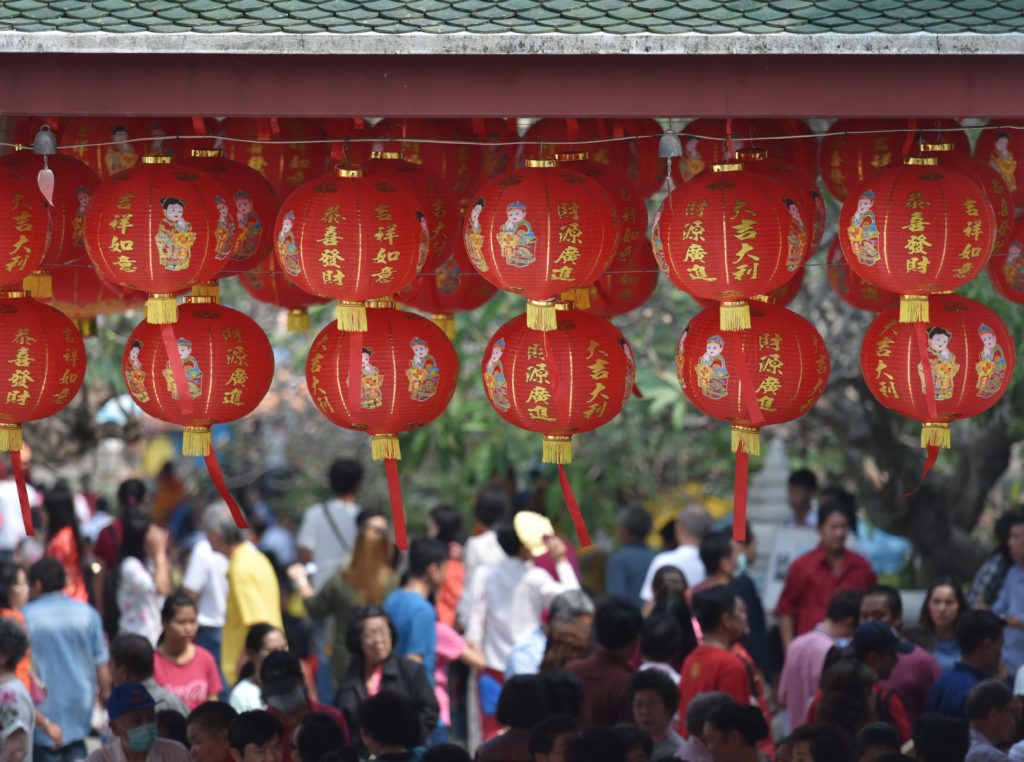Let’s Celebrate Chinese Culture, Health and People

Happy New Year! Or, as some might say in China, 新年快乐 (Xīn nián kuài lè)!
Each year, people in Chinese culture all around the world celebrate the Lunar New Year with the Spring Festival (春节). It begins with the new moon in late January or February. This year, the holiday began Saturday, Jan. 25. Although celebrations last for more than a month, the official holiday in China was slated to end Jan. 30. Unfortunately, that date changed in an attempt to combat the public health crisis that has China in the headlines.
Because of the recent coronavirus outbreak, the Chinese government extended the holiday until Sunday, Feb. 2. With schools and offices closed, the hope is to stem some of the reach of the epidemic. This isolation and containment may be particularly difficult for Chinese people or people of Chinese descent. They must endure this at a time that should be among the most joyous and communal occasions of the year.
Globally speaking, more people travel during the Spring Festival than any other time of the year. Responsibility and commitment to your family and collective community is central to most, if not all, subsets of Chinese culture. Because of that, traveling to be with family is integral to Spring Festival celebrations for many people.
Western appreciation for Eastern medicine
Although we are part of a Western culture, we should deeply appreciate and honor Eastern cultures such as China’s. This especially is true as mental health service providers. We owe some of our mental health practices to Eastern thought and theories.
Often, we hear about a “divide” between Western science and traditional medicine. Some forms of the latter, such as Chinese traditional medicine, have been widely used for centuries. In China, doctors receive formal education for tradition medicine practices. Although this issue can be controversial, most conscientious practitioners recognize the need to integrate personal beliefs with modern health care. Still, lack of cultural awareness and education can lead to avoidable confusion.
Some of the confusion may come from how we define health. As noted by researchers Amy Wu, Adam Burke, and Samuel LeBaron, “absence of disease” may describe health in Western cultures. But more traditional Chinese culture may define it as “a state of balance” between body, mind, and environment. Burke, along with Yim-Yu Wong and Zoe Clayson, also pointed out the importance of recognizing both distinctions. “True pluralism in health care,” they wrote, “creates a resource that is socially desirable and important to preserve.”

Health of mind and health of body
As we at the Institute of Family & Community Impact know, this is vital for services to clients. We’ve seen this ourselves from our research and experience. Certainly, mind health and body health inextricably interlink and influence each other. That philosophy is central to the theory of traditional Chinese medicine. Chinese researchers Lin Shi and Chenguang Zhang state that, in the theory, “the mind and the body of a person are inseparable; to have good health one must have good spirit and pay attention to cultivating one’s spirit.”
We may have slightly different definitions of “good health” and “spirit,” but the truth of the statement remains. Many of our interventions, which expand on cognitive behavioral therapy, place an emphasis on relationships and spiritual health. Cultural distinctions also are intrinsic to our therapeutic models.
As we navigate an expanding world, rich with new experiences and points of view, let’s keep in mind that we are not simple puzzles to be solved. And neither is our mental health or social situations. But, we believe, building relationships and communities with care, dignity, and respect can help us achieve greater health. Those same philosophies are at the core of Eastern traditions, including Chinese culture. By honoring the culture and even recognizing our indebtedness to it, we’ll be better able to enhance lives and build strong communities.




